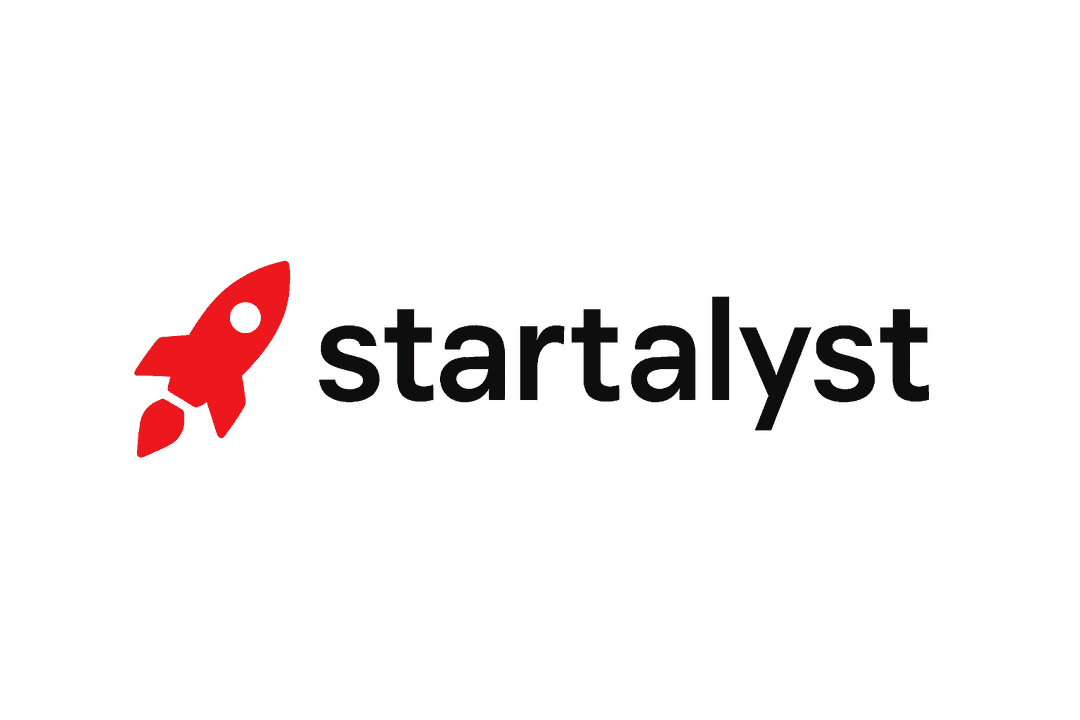Automotive Business Ideas Starter Guide
How to Get the Best Results
Start with what you already know about cars and customers, then pick one small service to test quickly. Practical experiments beat long plans when you are testing automotive business ideas.
Focus on a single location or mobile route, validate demand with real customers, and track profit per hour and per job. Iterate the offering based on what sells and what customers complain about.
Step 1 — Who are you?
Choose the background that most closely matches your experience so you can leverage existing skills and contacts for automotive business ideas.
- Independent mechanic — vehicle repair — You can start a mobile repair service and win customers with same-day diagnostics and transparent pricing.
- Dealership technician — warranty compliance — You can offer specialized maintenance plans for owners who want dealership-level record keeping.
- Car enthusiast with garage space — restoration — You can restore classics part-time and sell higher-margin finished projects to collectors.
- Fleet manager — maintenance scheduling — You can build a local fleet service that reduces downtime for nearby companies.
- Auto electrician — electrical diagnostics — You can command premium rates for EV and complex electrical repairs that general shops avoid.
- Detailer — cosmetic care — You can scale a mobile detailing route into recurring contracts with dealerships and rental agencies.
- Parts counter clerk — parts sourcing — You can start an online parts brokerage that cuts lead times for independent shops.
Step 2 — Add interests & skills
List the specific skills and interests you enjoy so the generator can match realistic automotive business ideas to your strengths.
- Mobile repair lets you reach customers at home and collect convenience premiums that fixed shops cannot charge.
- EV servicing positions you at the front of a growing market where trained technicians are scarce.
- Diagnostic electronics enables faster problem isolation and fewer repeat visits, which improves margins.
- Paint correction attracts premium clients who want show-quality finishes for resale value.
- Upholstery repair opens revenue from restoration and rental agencies replacing worn interiors.
- Fleet maintenance yields predictable revenue through contract work with local businesses.
- Classic car restoration creates higher-margin, project-based income with enthusiastic buyers.
- Customer service turns one-off customers into repeat clients through reliable communication and follow up.
- Digital marketing drives local leads for shop services and seasonal promotions like winter prep.
- Parts sourcing shortens repair lead times and increases shop throughput when you have reliable suppliers.
- Detailing and ceramic coating adds recurring maintenance work from clients who want to protect their investment.
- Loaner vehicle coordination reduces service friction and improves customer retention when you offer easy mobility during repairs.
Step 3 — Set available capital
Pick the tier that matches funds you can commit without jeopardizing personal cash flow; each level leads to different automotive business ideas.
- ≤$200 — You can start low-cost offerings like mobile detailing, pick-and-pack parts reselling, or diagnostic consultations using tools you already own.
- $200–$1000 — You can invest in specialized tools for brake or suspension work, basic marketing materials, and a lean website to book local customers.
- $1000+ — You can secure a small garage, purchase diagnostic scanners for EVs, or buy inventory to launch a parts or refurbishment business.
Step 4 — Choose weekly hours
Be realistic about the time you can commit, because automotive services scale with labor and location availability.
- 5–10 hrs/wk — You can run weekend detailing or seller-prep services that fit around a full-time job.
- 10–20 hrs/wk — You can operate evenings and weekends to build recurring clients while testing pricing and systems.
- 20+ hrs/wk — You can open a small shop or scale a mobile route into a full-service offering with hired help.
Interpreting your results
- Match the ideas returned by the generator to your actual time availability and startup budget before committing. Prioritize ideas that require tools you already own or contacts you can call today.
- Run quick experiments: offer a discounted introductory rate, perform the job, record time and parts, and calculate profit per hour. Repeat the experiment across two to five customers to see consistent demand.
- Look for niches with low competition locally, such as EV charging checks, fleet winterization, or classic car upholstery, and target them with focused messaging. Niche work often commands higher margins and builds word of mouth faster.
- Keep compliance, insurance, and waste disposal in mind when estimating costs and timelines, because automotive work can have environmental and liability rules that affect profitability.
- Scale by documenting workflows, training a helper, and standardizing prices for common jobs so you can reproduce quality without personally doing every task.
Use the generator above to iterate combinations of background, skills, capital, and hours until you find automotive business ideas that feel realistic and exciting to pursue.
